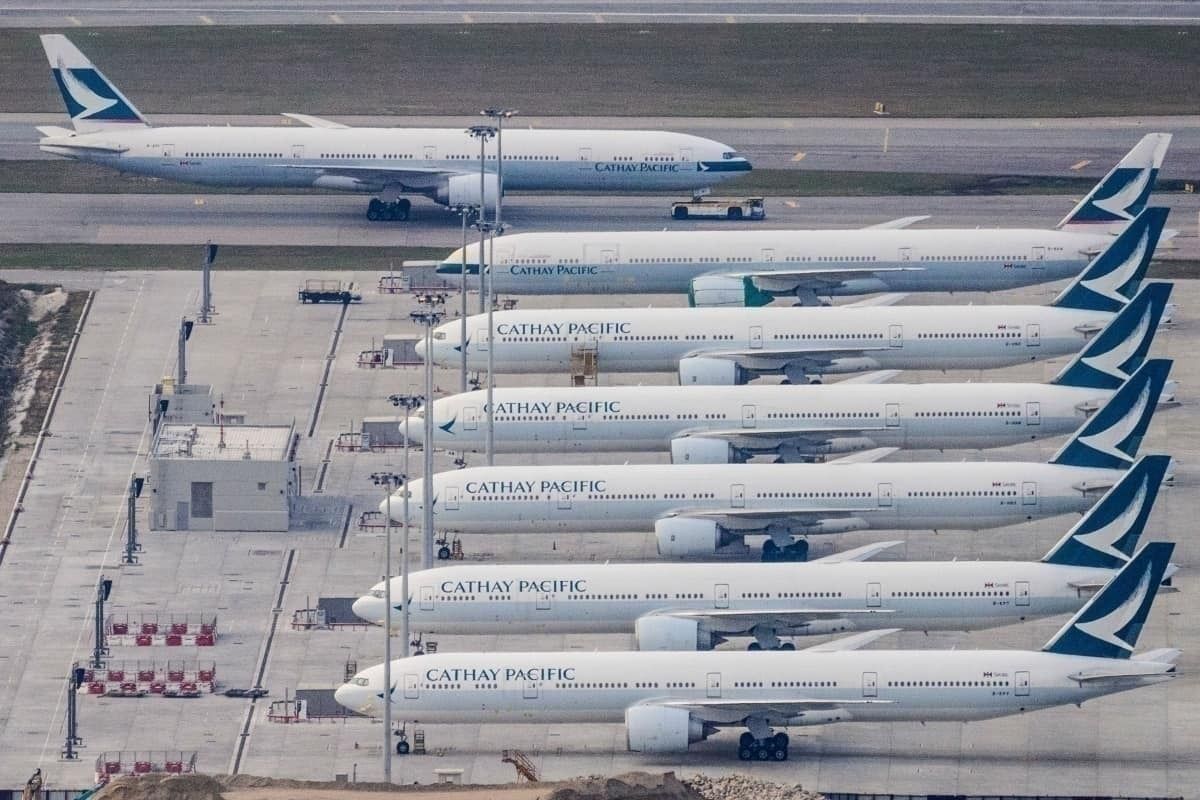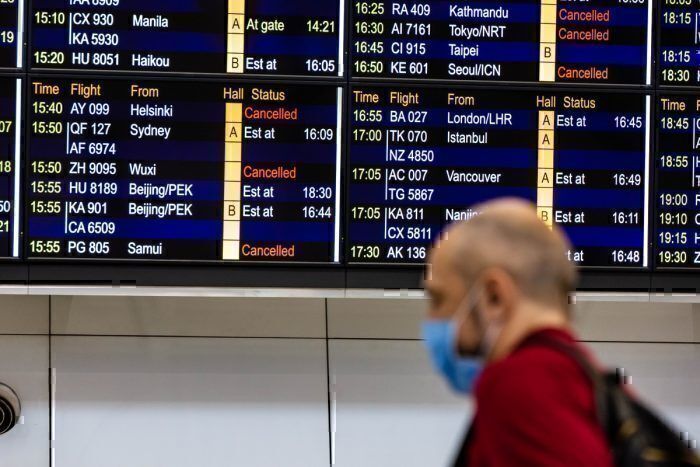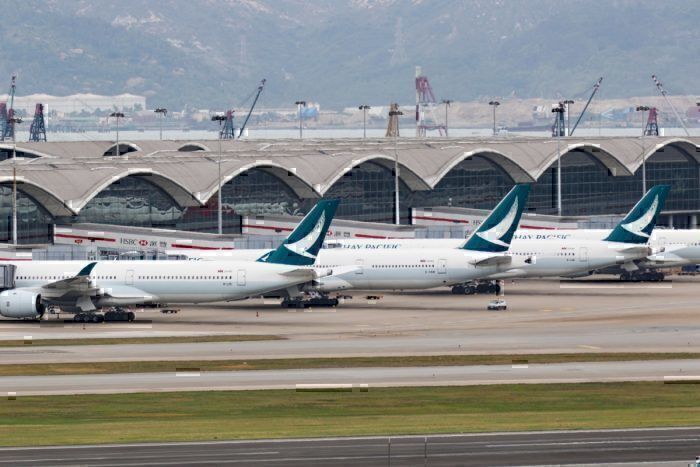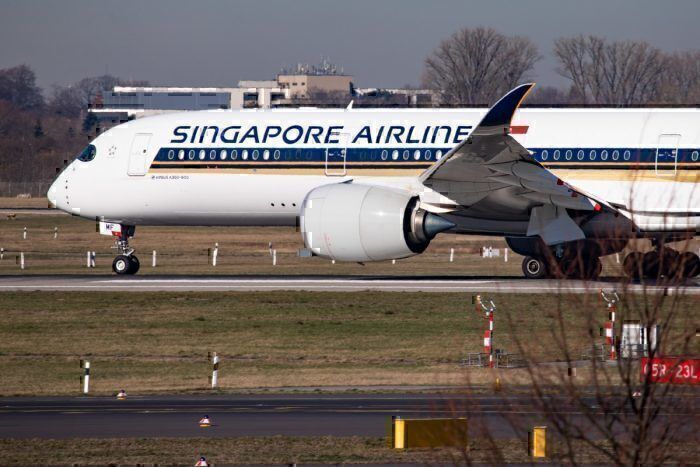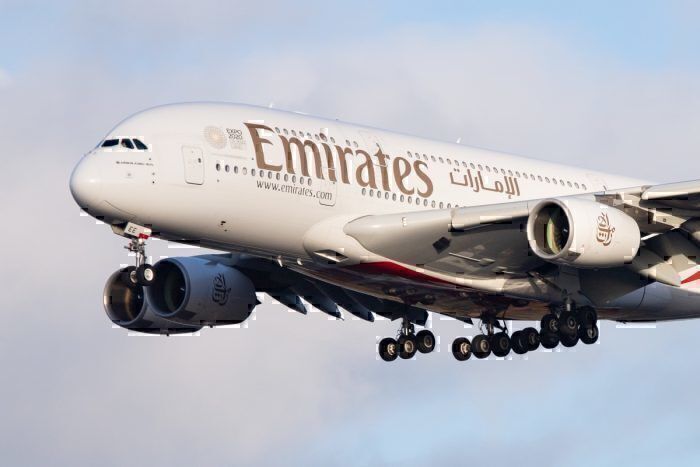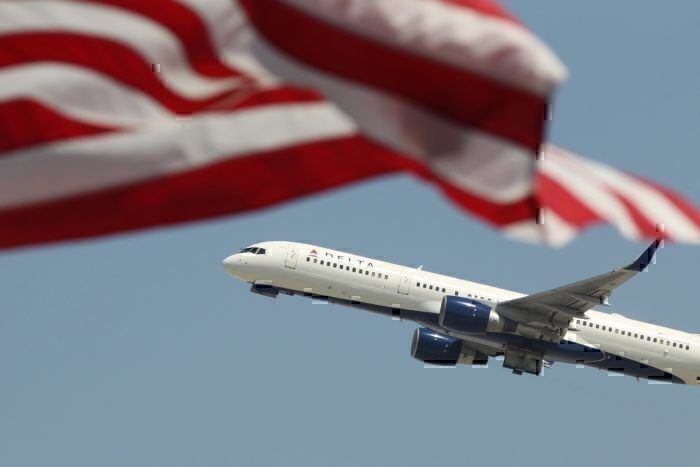As governments around the world tighten up borders in a bid to slow the spread of the coronavirus, the list of places that you cannot enter, and in some cases can’t even transit through, is growing. The latest to announce such a ban this morning is Hong Kong, joining the likes of the UAE, Singapore and Taiwan in stopping people arriving at their hubs.
Hong Kong bans all arrivals
Announced just this morning, Hong Kong is banning the arrival of all visitors to the city, including those wishing to transit through Hong Kong International Airport. In a bid to prevent the further spread of the novel coronavirus that causes COVID-19, the nation has announced a complete bar on foreigners arriving in the country.
The ban, due to be implemented from midnight on Wednesday, 25th of March, will remain in place for a period of 14 days. Any passengers on flights arriving into Hong Kong who are not local residents will be barred from entry.
This decision will clearly affect local airlines like Cathay Pacific most severely. Already, the airline had slashed its schedule down to just 15 destinations being served just three times per week, equating to a 96% cut in capacity across its network. The airline had maintained connections to Sydney, London, LA, Vancouver, Ho Chi Minh City, Manila, Jakarta Bangkok and Delhi.
Now, with even stricter government controls being brought in, Cathay may well need to reevaluate its network even more, including its regional arm Cathay Dragon. Dragon was still flying to Beijing, Shanghai and Kuala Lumpur.
By the looks of the announcement, some flights may still be operated in order to repatriate Hong Kong residents stranded abroad. However, it’s likely to be later this week before we see the full impact of this announcement on Cathay’s schedule.
Hong Kong has seen a resurgence in cases of coronavirus, largely attributed to imported cases of the virus from new arrivals. As well as banning foreigners from entering the city, Hong Kong is stopping bars from serving alcohol in a bid to keep people at home.
Transit passengers banned elsewhere
Hong Kong follows hot on the heels of Singapore and Taiwan in banning international arrivals and transit passengers from its hubs. Both countries have noted a heightened risk of imported coronavirus cases, and Singapore recorded its first two deaths from the virus over the weekend.
From 23:59 today, no short term visitors will be allowed to enter or transit through Singapore for an undefined period of time. Some exceptions will be made for work pass holders if they are deemed to be in essential services such as healthcare, while residents will be issued with a 14 day stay home notice on arrival in the country. Singapore Airlines is yet to announce what this will mean for its services, which had already been slashed by 96%.
Taiwan too has suspended the transit of airline passengers from midnight tomorrow, March 24th, through to April 7th. Taiwanese airline Eva Air has noted it will cut international services as a result, while China Airlines is looking to suspend all transit of passengers. Startup Starlux Airlines has completely suspended operations.
Just this morning, the United Arab Emirates has announced a complete ban on passenger flights and airport transit for a period of two weeks. Like Hong Kong, this is due to come into effect on Wednesday, 25th March, for a period of two weeks. Cargo and evacuation flights are exempt from the ban.
Bans in other nations around the world
Other countries that have banned entry for foreign travelers include Ghana, Morocco, Namibia and South Africa, although the state of the ban in these nations depends on where the traveler has visited beforehand.
Most countries in Asia have either banned foreigners from entering or have imposed mandatory 14-day quarantine on arrivals. Australia and New Zealand have stopped foreign entry and imposed self-isolation measures on arrivals of their own citizens.
Argentina has banned all foreigners from entry for at least two weeks, while Bolivia and Venezuela have stopped flights to and from Europe. Chile, Colombia, Peru, Costa Rica and the Dominican Republic have closed borders to visitors from high-risk areas, while Ecuador has stopped everyone from coming in, even including its own citizens.
Canada has closed its borders to the USA, apart from travel for work or goods deliveries. The USA has put a ban on any travel from Mexico apart from essential journies and has banned entry of all foreign nationals from high-risk areas.
The EU too has imposed a ban visitors from outside of the Union. However, it has left it up to individual nations to choose how to implement this ban. The UK has not implemented any ban in practice, but has advised against ‘non-essential travel’.
Have you been affected by the restrictions on travel imposed due to coronavirus? Let us know in the comments.

